- Genesis
-
The Department of Communication and Media Studies was established in May, 2008 to delve deeper into the science of communication with a view to shaping media professionals for the increasingly progressive industry and to provide with sought-after leaders to address the grave issues penetrating the society with the help of the media they are attached to.
- Salient Features
-
The Department envisions to climb the summit of excellence through an academically resonant milieu by cultivating and motivating students to attain distinctions in both research and teaching in the field of communication and media studies. The two year master’s programme is on a mission to impart theory through practice in various areas of media to inculcate a sense of responsibility among students for the contribution of new knowledge, draw insights into development and a passion to serve the society. Beginning with one faculty, the department offered M.Phil and Ph.D in the discipline, besides the PG programme.
The focus of research domains initially were New Media, Advertising, Journalism, Public Relations, to name a few. The programmes significantly refined with a comprehensive and balanced understanding of the several branches of the media industry such as Journalism (Print and Broadcast), Advertising, New Media, Designing, Radio and Television Production, Film Studies, Development Communication, Public Relations, Photography and Research. Successful careers dealing with analyzing, formulating and solving problems requires life-long learning for promoting an intelligent understanding of the theoretical bases of the applied areas of mass media. Considering the fast-paced changes that occur in the media industry, the solution offered by the department instilled in the students a strong foundation in the process of ideation using theoretical base for all practical applications, besides providing skilling sessions in handling all forms of media technology.
The students are admitted with any undergraduate degree in arts, science, and engineering from accredited universities. The curriculum is developed in such a way that every semester is prioritized on enhancement of content writing skills and entrepreneurial development paying attention to software training and technological applications for self-employment ventures. This would enable students to acquire skills to design, analyse, develop and implement media products using high-level creative, theoretical and technological skills.
Media domains such as Editorial Practice, Design Principles, Radio and Television Production, Publication of Lab Journal, E-content development and Research were furthered substantially. Students are encouraged to develop strong skills in systematic planning, developing, testing, implementing and providing ICT solutions for different domains in media. Implementation of technological solutions always calls for using the social, cultural and political conditions prevalent in a country as the conveyer system. Mass media being is closely associated with the cultural and social ethos of a place or people, the syllabi is periodically reformulated giving due acknowledgement to both foreign and Indian philosophers, thinkers and scientists.
- Thrust Areas
-
Effective from the year 2018, the chief areas of research in the domain of Journalism and Mass Communication to be undertaken for M.Phil/Ph.D Degree programmes include Research Methods in Communication (Paper I), Communication Theories (Paper II) while the Paper III confines research in nine areas that include Advertising, Development Communication, Film Studies, Journalism, New Media Studies, Media Uses and Effects, Semiotics, Public Relations and Culture and Communication.
- Milestones
-
On identifying the Media penetrative fields that can provide the much-needed social, political, economic and technological support, the department made forays into research and developmental fields such as conflict resolution, technology for the marginalised, media literacy, health communication, etc. as the new thrust areas. Consultant projects with both industry and institutions formed a part of the recognitions obtained. Nearly sixty media organizations in India extend their support to provide internships for the post graduate students.
Churning out socially relevant documentary films have become one of the focus areas of the department. The department is manned by one professor and two assistant professors, presently. While the M.Phil and Ph.D programmes in Journalism and Mass Communication have a collective sanctioned strength of twenty, the post graduate course in the same discipline runs with a full-bench of 60 MA students. This continues to sustain with increasing demand year by year because the delivery of the curriculum is unique by way of inculcating the theory through practice.
This paves way for paying attention to specific outcomes of the curriculum which is also supported by niche research domains such as New media, Developmental Communication, Media as Technology, Media Literacy, Health Communication, Gender Issues, Conflict Resolutions, so on and so forth.

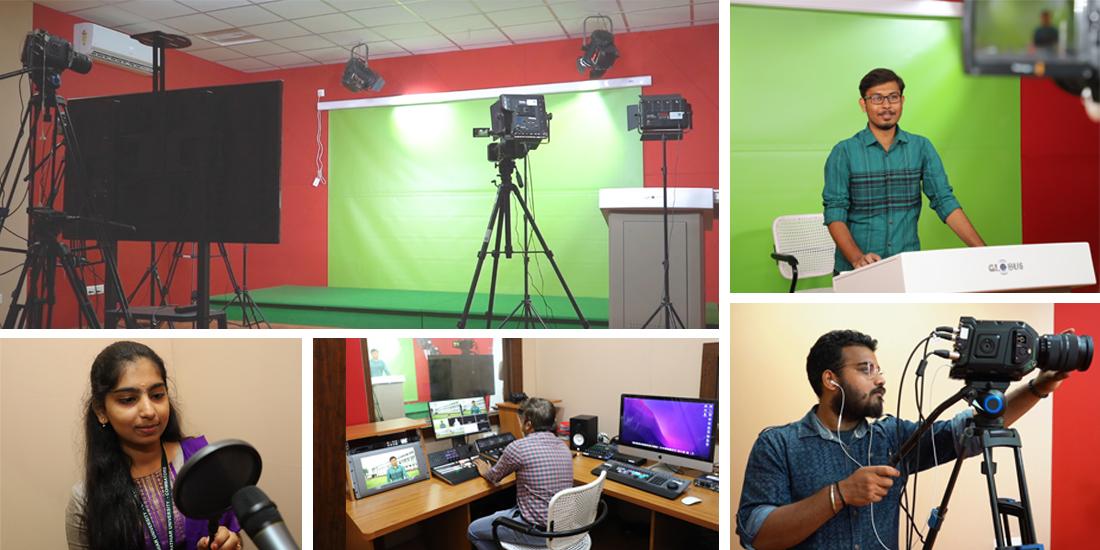
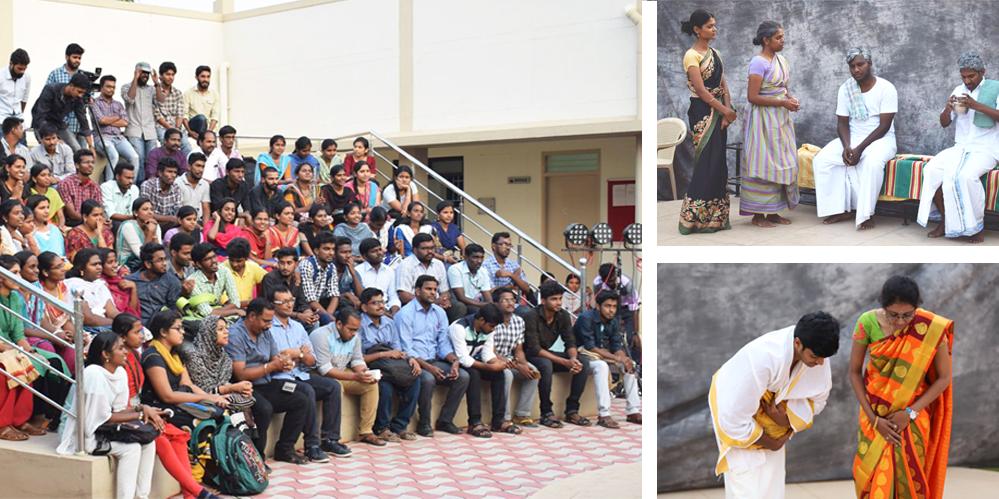
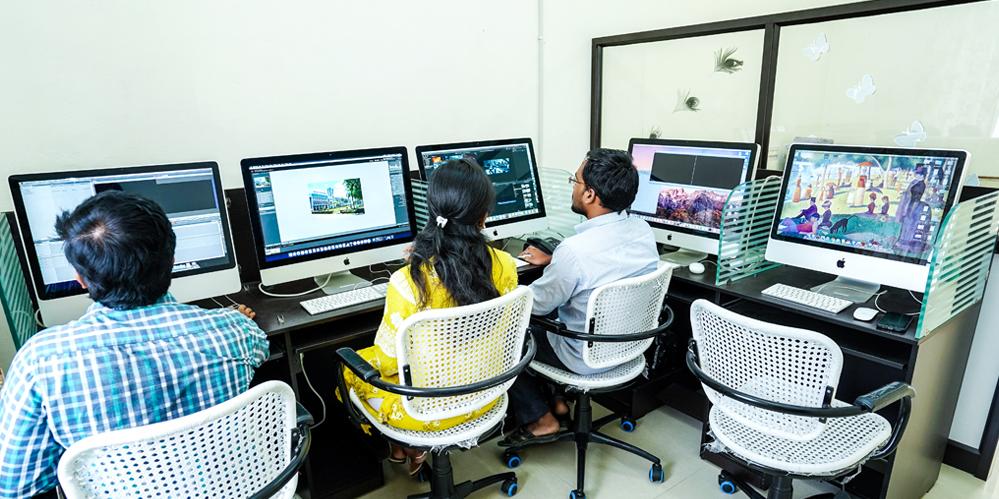
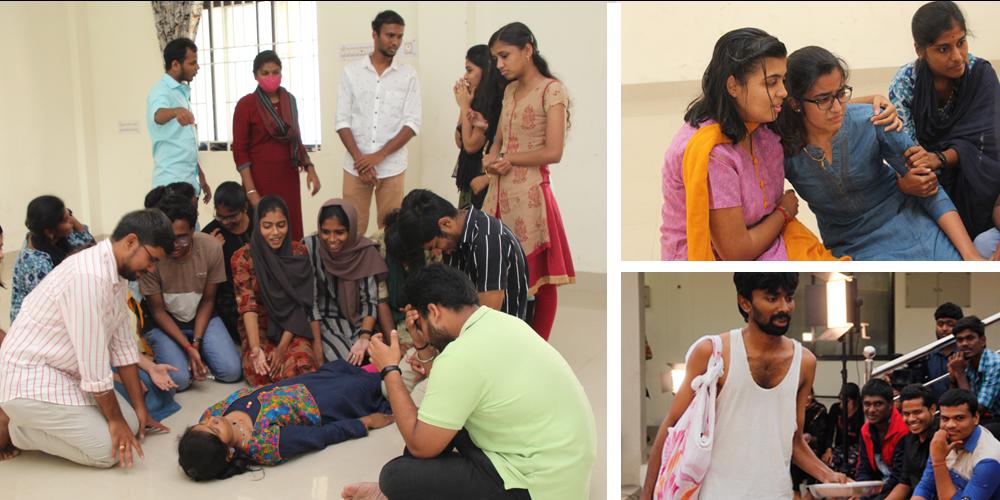
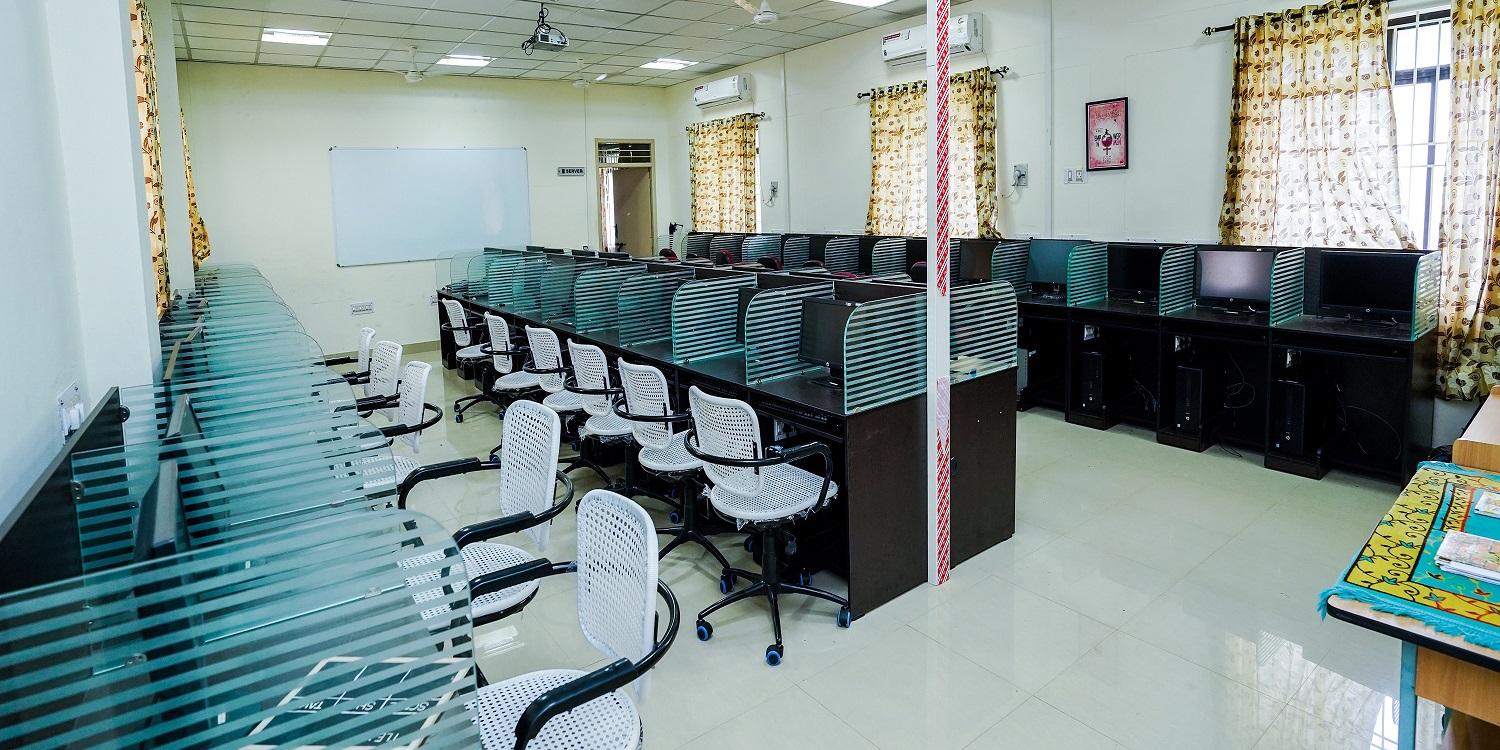
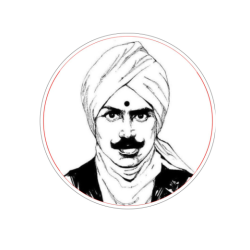
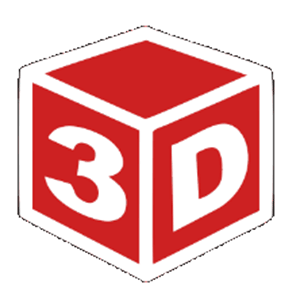 Campus Walk
Campus Walk